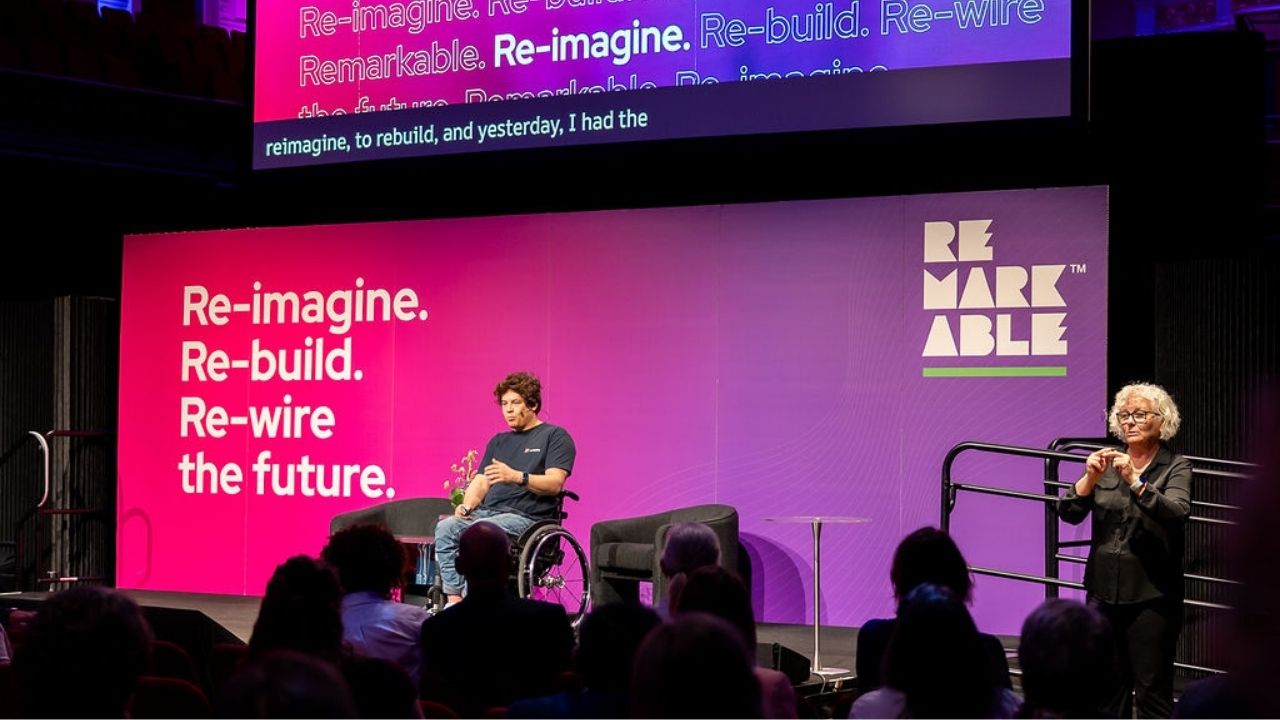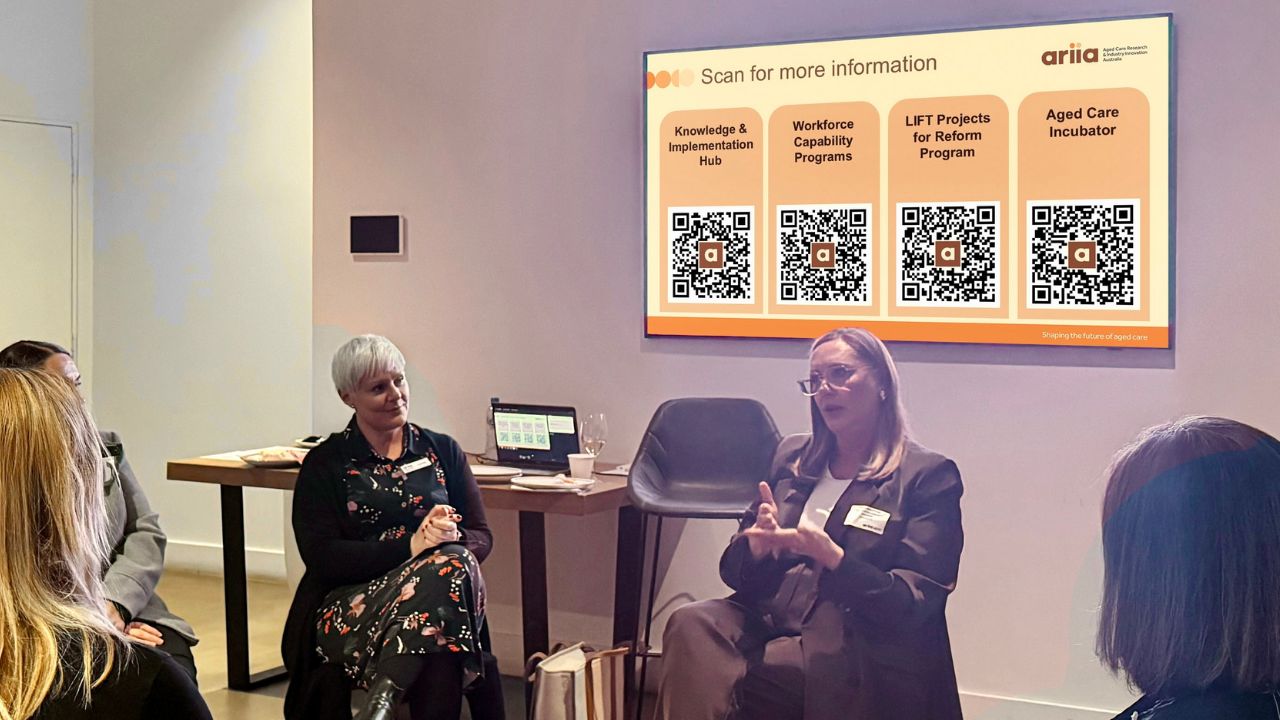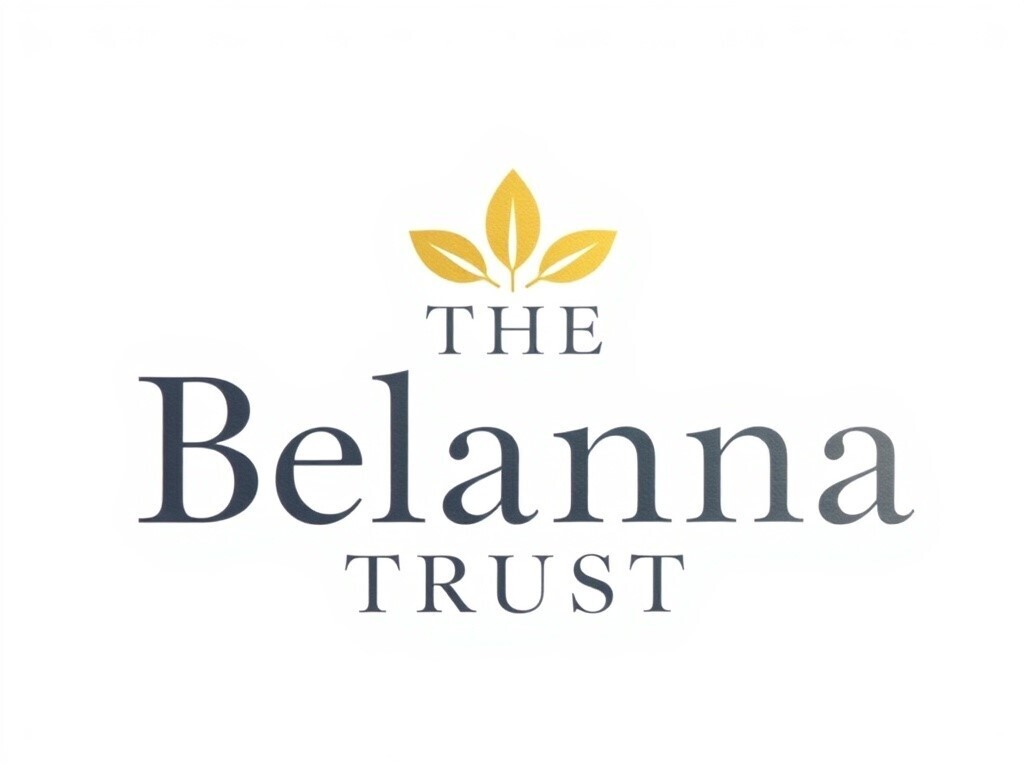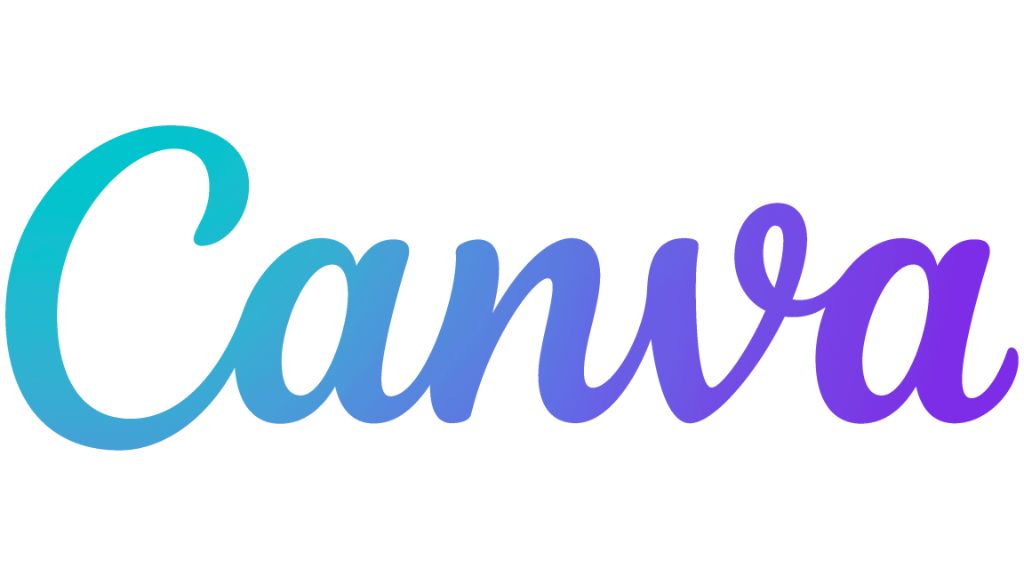
Zara Fulton, our Head of Investment at Remarkable, explains how Investor Roundtables can drive growth, spark innovation, and set startups up for long-term success. Discover why these sessions are essential!
What Are Investor Roundtables?
Investor roundtables are structured events designed to provide startups with a safe environment to practise their pitches, receive valuable advice and build genuine connections with early-stage venture capital investors.
Why Do Investor Roundtables Matter for Startups?
Let's explore some of the key benefits that investor roundtables can offer to startups:
- Understanding Financial Expectations: Roundtables help startups understand the financial metrics and milestones that investors are looking for, guiding their financial planning and projections.
- Identifying Opportunities: These sessions can help startups identify new opportunities for growth, partnerships, and scaling their business.
- Validation: Engaging with investors can provide market validation for the startup's product or service, increasing credibility and attracting more interest.
- Embracing Feedback: Constructive feedback from investors helps startups understand concerns and refine their approach, steering conversations more effectively.
- Networking Opportunities: Investors at roundtables are often well-connected and can open doors to additional opportunities and resources.
- Preparing for Demo Day: For startups in the Remarkable Accelerator this exercise helps them prepare for Demo Day.
How Startup Founders Can Prepare For Investor Roundtables?
To make the most out of investor roundtables, startups should prepare thoroughly. Here are some essential guidelines for those new to this exercise:
- Practice, Practice, Practice: Rehearse your pitch until you can deliver it confidently and flexibly, and under different time constraints. This demonstrates your ability to sell your idea effectively in any situation.
- Communicating Clearly: Articulate your pitch using concise and easy-to-understand language to ensure your message is clear and accessible to everyone.
- Showcase Your Team and Vision: Highlight the diversity and capabilities of your team. Clearly explain your idea, product-market fit, customer feedback, market size, business model, and technology type.
- Prepare For Questions: Anticipate common questions and have well-thought-out answers ready. This shows preparedness and deep understanding of your business.
- Be Honest and Clear About Your Traction: Discuss your traction and revenue transparently. If you are pre-revenue, outline your timeline to first sales.
- Research The Investors: Understand investors' mandates—stage, sector, and technology type—and tailor your pitch accordingly.
- Know Your Investment Needs: Clearly explain why you need investment and your current runway. This helps investors see the value and potential of supporting your startup.
- Don’t Chase Perfection: Your passion, drive, and leadership will resonate with them, even if your pitch isn't perfect.
Follow these guidelines to make the most of Investor Roundtables, build valuable connections, and gain critical feedback for your startup's growth.
How To Make Investor Roundtables More Accessible and Inclusive?
Creating an inclusive environment for investor roundtables is crucial to ensuring that all participants can fully engage and benefit from the experience. Here are some practical steps to take to make investor roundtables more accessible:
- Accessibility Information: Include detailed access information on the registration form to help participants plan their attendance.
- Hybrid Options: Consider a hybrid model, offering both in-person and virtual attendance options.
- Invite Participants to Share Accessibility Accommodations: Encourage participants to share their accessibility needs in advance, ensuring that necessary accommodations are provided.
- Brief Participating Investors: Educate investors and participants on inclusive language and practices to foster a respectful and welcoming atmosphere.
- Feedback Mechanisms: Encourage participants to share their experiences and suggestions for making future roundtables more inclusive and accessible.
For more information on creating accessible and inclusive roundtables, visit resources created by Destination NSW, Diversability and Australian Human Rights Commission.
Curious to Know More?
- Our Pathways: The Accelerator
- Our Pathways: Scaler
- About Us: The Remarkable Team



.png)
.jpg)


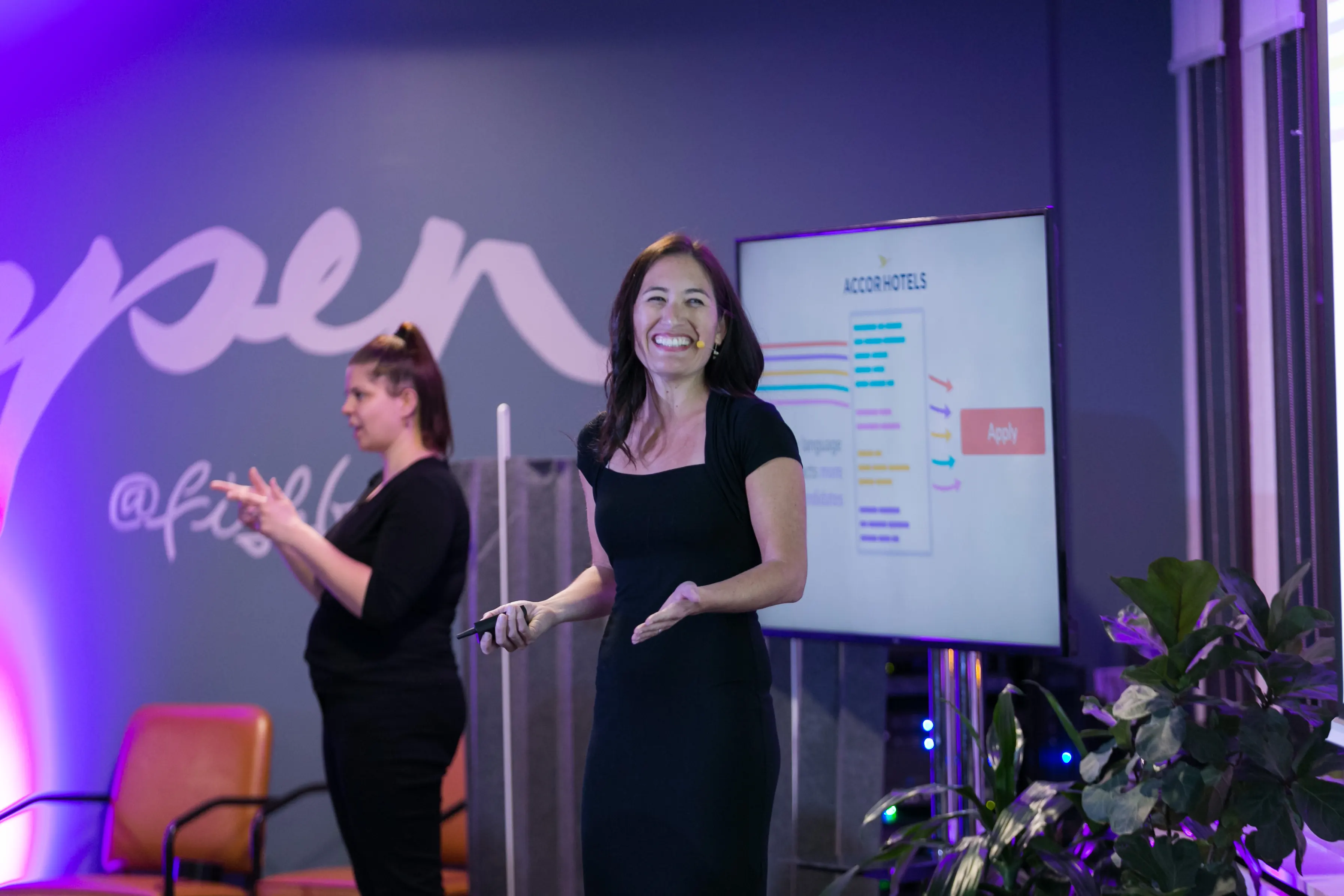

.jpg)
